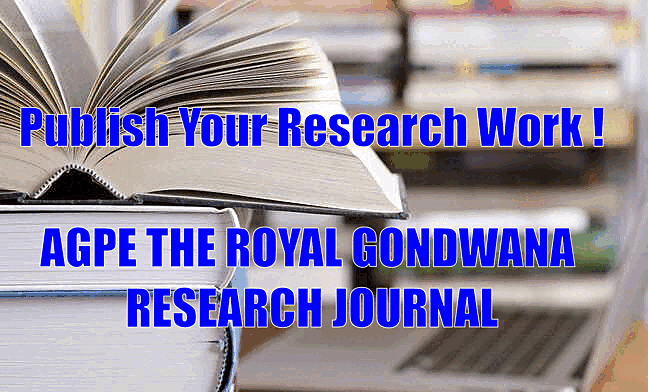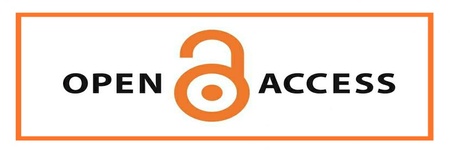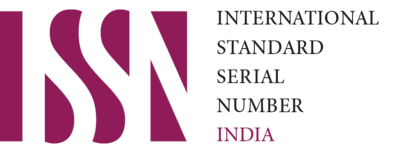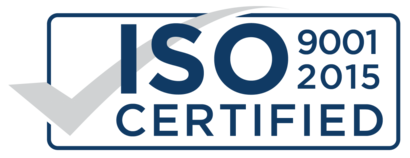Anti-plagiarism policy
Anti-plagiarism policy
Plagiarism is the unethical act of copying someone else’s prior ideas, processes, results or words without explicit acknowledgement of the original author and source. Self-plagiarism occurs when an author utilizes large part of his/her own previously publish work without using appropriate references. This can range from getting the same manuscript published in multiple journals to modifying a previously published manuscript with some new data.
AGPE The Royal Gondwana Research Journal is strictly against any unethical act of copying or plagiarism in any form. Plagiarism is said to have occurred when large portions of a manuscript have been copied from existing previously published resources. Upon determination of the extent of plagiarism, the paper may also be formally retracted.
Types of Plagiarism:
The following types of plagiarism are considered by AGPE The Royal Gondwana Research Journal:
1) Full Plagiarism: Previously published content without any changes to the text, idea and grammar is considered as full plagiarism. It involves presenting exact text from a source as one’s own.
2) Partial Plagiarism: If content is a mixture from multiple different sources, where the author has extensively rephrased text, then it is known as partial plagiarism.
3) Self-Plagiarism: When an author reuses complete or portions of their pre-published research, then it is known as self-plagiarism. Complete self-plagiarism is a case when an author republishes their own previously published work in a new journal.
Policy and Action for Plagiarism:
AGPE The Royal Gondwana Research Journal respects intellectual property and aims at protecting and promoting original work of its authors. Manuscripts containing plagiarized material are against the standards of quality, research and innovation. Hence, all authors submitting articles to Expression Journal are expected to abide ethical standards and abstain from plagiarism, in any form. In case, an author is found to be suspected of plagiarism in a submitted or published manuscript then, journal shall contact the author (s) to submit his / her (their) explanation within two weeks. If we do not receive any response from the author within the stipulated time period, then the Director / Dean / Head of the concerned College, Institution or Organization or the Vice Chancellor of the University to which the author is affiliated shall be contacted to take strict action against the concerned author.
Plagiarism before Publishing:
AGPE The Royal Gondwana Research Journal tries to find out the case of plagiarism on its own level. If plagiarism is detected by the editorial board member, reviewer, editor etc., in any stage of article process- before or after acceptance, during editing or at a page proof stage. We will alert the same to the author(s) and will ask them to rewrite the content or to cite the references from where the content has been taken. If more than 25% of the paper is plagiarized- the article may be rejected and the same is notified to the author..
What If Plagiarism Detected After Publication:
If plagiarism is detected after publication, the Journals will conduct an investigation. If plagiarism is found, the competent authority of the AGPE The Royal Gondwana Research Journal will contact the author's institute and funding agencies. The paper containing the plagiarism will be marked on each page of the PDF. Depending on the extent of the plagiarism, the paper may also be formally retracted.
Once we find papers associated with any plagiarism/misconduct, we will:
1. Reject the submitted manuscript or withdraw the published paper.
2. Not accept manuscripts submitted to all AGPE-RGRJ journals by the same research team within one year.
3. Inform the institution the corresponding author is affiliated with and the funder(s) about such misconduct.
4. Once the manuscript is found to have committed publication misconduct, we will immediately withdraw the published paper and as misconduct by author/authors any article processing charge has not refund in any condition.
5. As a penalty of misconduct publication/ Duplicate publication charge $ 1000 (foreign authors) or Rs. 5000 (Indian authors) as compensation costs in case that a published paper is withdrawn.








